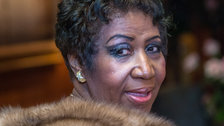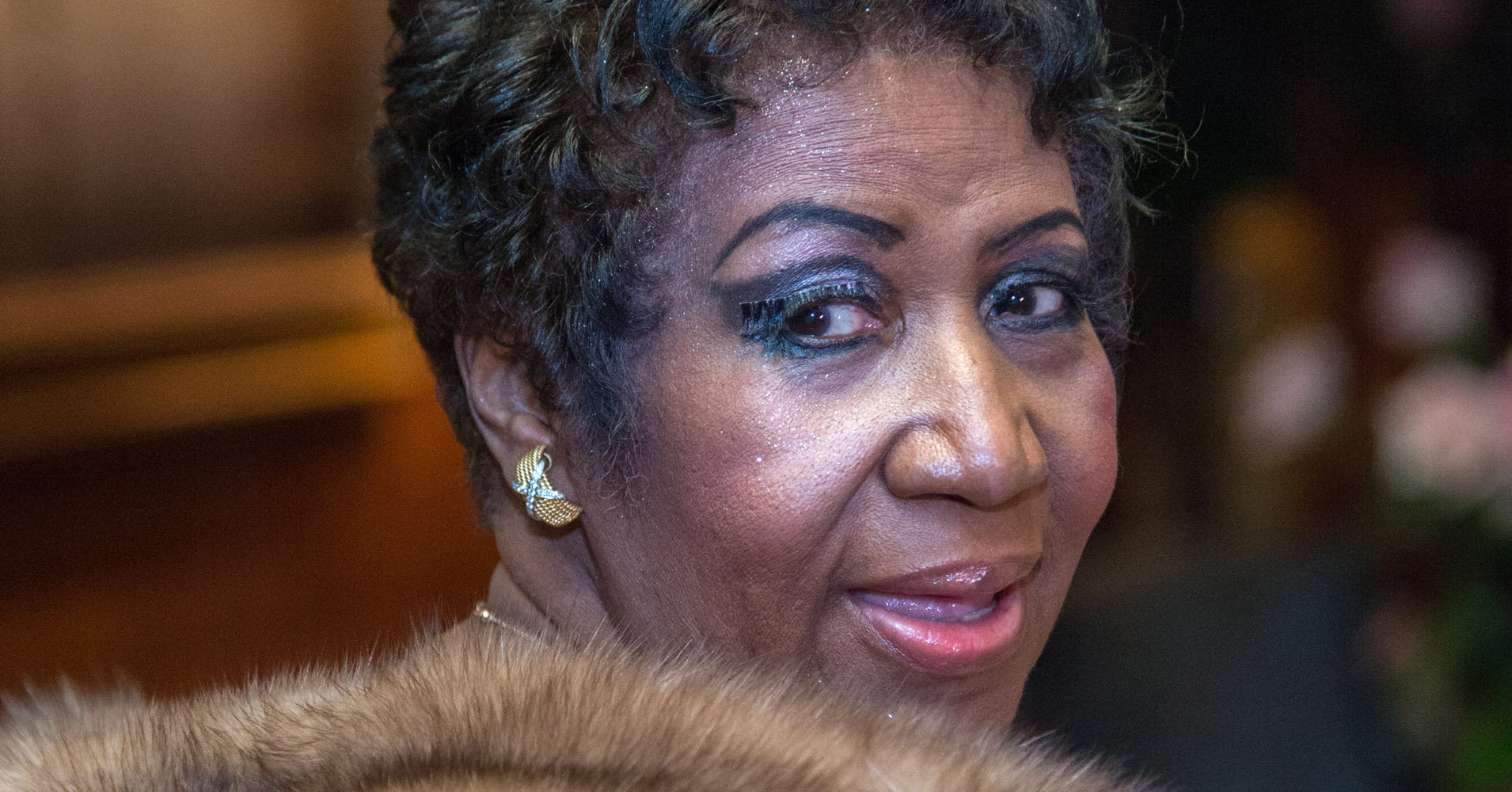[ad_1]

In the coming days, there are going to be countless meditations on Aretha Franklin’s enormous talent — not only as a singer but as a writer and musician — and her legacy. But there’s something else to which we must pay tribute. This is meant with the utmost admiration, love and reverence: The Queen of Soul was also the Queen of Shade.
This was actual and factual and, especially later on in her career, Franklin didn’t really make much of an effort to hide it. There were some darker, less flattering undertones to this, but it was also just funny as hell. It said something about her stature that she’d earned the right to such majestic pettiness.
This is the woman who sent a fax in 2017 to the Associated Press blasting Dionne Warwick for libel after Warwick had made a fairly innocuous statement about Franklin at Whitney Houston’s funeral five years prior.
“She blatantly lied on me … fully well knowing what she was doing,” Franklin told the AP in a follow-up telephone interview, adding, “I don’t care about her apology, at this point it isn’t about an apology, it’s about libel.”
This is also the woman who gave us the iconic, decadeslong beef with Patti LaBelle, which included the infamous moment in which she seemed to ignore LaBelle during a Women of Soul concert at the White House in 2014.
And remember, this is the woman who did a 2014 interview with the Wall Street Journal, which asked her to share her thoughts on singers of the younger generation.
After complimenting the vocal talents and producing skills of Adele and Alicia Keys, when Taylor Swift’s name came up, she decided to cover the Grammy Award-winning singer in enough shade to hide the face of the moon. “Okaaay,” she said, in a way that suggested she was exploring the very furthest reaches of her thoughts to deliver a verdict on Taylor.
“Great gowns. Beautiful gowns.”
Throughout the 2010s, Franklin’s penchant for petty essentially became a meme ― her interviews went viral thanks to her subtle but incredibly blunt style. There was a particularly entertaining and cringe-inducing exchange with Wendy Williams in 2013, during which Franklin looked on with unconcealed displeasure as Williams began to dance and sing Franklin’s classic song, “Rock Steady.”
“Step back,” Franklin deadpanned. “Step over there.”
Franklin, along with other divas, was the inspiration and driving force of the wildly popular “Got 2 B Real” parody series by YouTuber Pattie LaHelle, which came to prominence in 2011 and lasted two seasons. The YouTube show consisted of videos of old school and contemporary divas essentially reading each other for filth (via voiceover), with gems like: “If I have to, I’ll shade you with so many colors you’ll leave looking like Toucan Sam.”
Her shady side was a manifestation of her power, and it was hard not to admire it. Not long after her death, someone dug up her response in 1993 to New York Post columnist Liz Smith, who had written that Franklin “must know she’s too bosomy to wear such clothing, but she just doesn’t care what we think, and that attitude is what separates mere stars from true divas.” Franklin’s responded in a letter:
How dare you be so presumptuous as to presume you could know my attitudes with respect to anything other than music. … Obviously I have enough of what it takes to wear a bustier and I haven’t had any complaints, I’m sure if you could you would. When you get to be a noted and respected fashion editor please let us all know.
And then, in a postscript:
You are hardly in any position to determine what separates stars from divas since you are neither one or an authority on either.
Franklin didn’t pick up on the compliment in Smith’s assessment, and why should she have? The real offense here wasn’t that she called Franklin “too bosomy.” It was that Smith thought for some reason she could know Franklin’s mind, that she thought she had any right to draw a conclusion about the queen.
Real power, perhaps, is in being above even the genuflections, because you already know you deserve respect.
Franklin once said, “We all require and want respect, man or woman, black or white. It’s our basic human right.”
For black women, especially those in the public eye, to appear shady or simply unimpressed is to run the risk of being dismissed as a mere caricature of black womanhood. But what made moments like “Great gowns, beautiful gowns” iconic was the fact that they transcended this trap, this fear. In all her diva-hood, in all her shade, Franklin gave herself (and thus other women) the permission to be whatever she was going to be. It was an inspiring embodiment of a simple, but powerful fact:
Call it pettiness, call it shade, call it whatever you want. You can’t stop a black woman from saying exactly what’s on her mind.
[ad_2]
Source link

